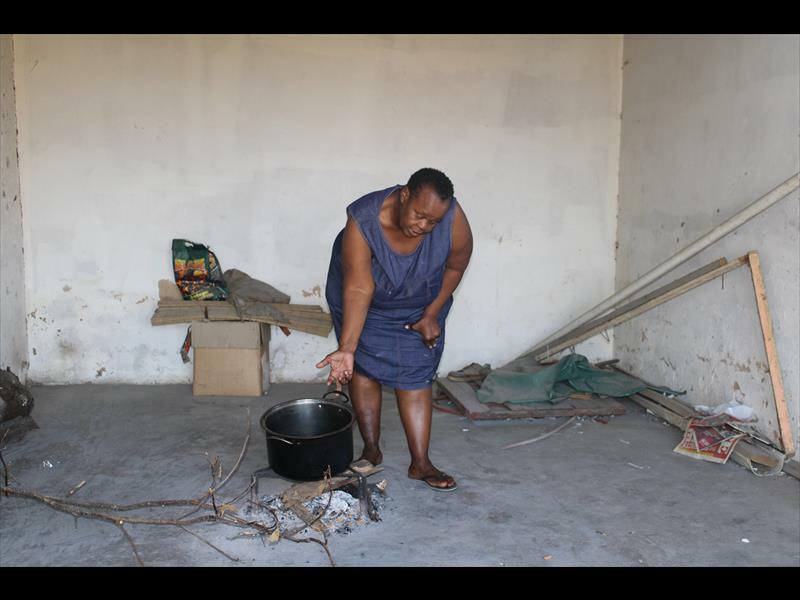




South Africa's electricity crisis continues to unfold, characterized by steep tariffs, persistent load shedding, and significant mismanagement by Eskom, the state-owned power utility. As of December 2024, the country has experienced over 250 days without load shedding, yet the situation remains dire, with Eskom's debt exceeding R400 billion due to a combination of ANC policies, affirmative action, and corruption [48944bed].
Recently, Eskom announced a temporary reduction in load shedding from Stage 4 to Stage 2, providing a brief respite for South African citizens. However, this relief is expected to be short-lived as Eskom plans to escalate back to Stage 3 load shedding from late Sunday afternoon into Monday morning. The announcement has left many frustrated, as they see no end in sight to the ongoing crisis [396d31b7] [0dda189d].
The Mbhele family from Ward 24 in Empeneni, Nyandezulu, exemplifies the struggles faced by many South Africans. They have been without electricity since December 24, 2023, resorting to using their garage as a fireplace for cooking. Despite Eskom's promises to inspect illegal connections in the area, residents feel ignored and believe that a blown transformer needs replacement to restore their power [1c096b9c].
In a surprising turn of events, Eskom Holdings SOC Ltd. has forecasted an after-tax profit exceeding 10 billion rand ($548 million) for the fiscal year ending March 31, 2025. This marks the utility's first profit since 2017, following a staggering loss of 55 billion rand in the previous year. The improvement comes despite record power outages due to maintenance failures, with no scheduled outages reported since March 2024. CFO Calib Cassim has expressed concerns over rising municipal debt and nonpayment, which could threaten this financial recovery [ffe05c8a].
The broader implications of the electricity crisis are profound, stifling economic growth and contributing to deindustrialization in the country. Eskom's application for a 36% tariff increase in October 2024 has added to public discontent, as citizens grapple with the financial burden of escalating energy costs [48944bed].
Dr. Kgosientsho Ramokgopa, the current Minister of Electricity and Energy, has proposed nuclear energy as a reliable solution to the crisis. However, critics argue that the ANC's focus on transformation over reliable electricity supply has exacerbated the situation. The article advocates for scrapping affirmative action and Black Economic Empowerment (BEE) policies to improve Eskom's operations and restore stability to the energy sector [48944bed].
The ongoing load shedding crisis continues to impact the daily lives of South Africans, with many expressing frustration and uncertainty about when the situation will improve. Eskom's commitment to keep the public informed about significant developments offers a glimmer of hope for a resolution to the load shedding problem [396d31b7] [0dda189d].